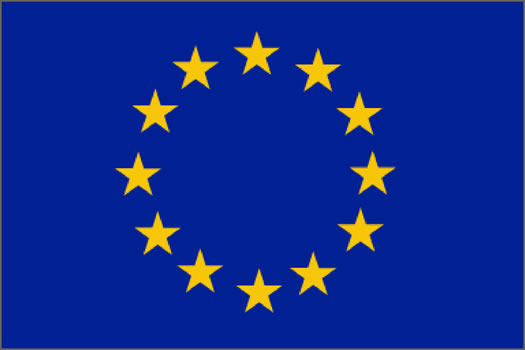In a recent address, European Union Ambassador to Nigeria and ECOWAS, Samuela Isopi, emphasised the critical role of women in decision-making and politics for Nigeria’s progress towards equality, sustainable development, peace, and democracy.
Isopi highlighted the persistent challenges faced by women, including social, cultural, and financial obstacles, hindering their active participation in politics despite their fundamental right to do so.
During a two-day roundtable organized by the European Union Support to Democratic Governance in Nigeria to commemorate International Women’s Week, Isopi, represented by EU Deputy Head of Mission to Nigeria, Zissimos Vergos, underscored the ongoing constitution reform process in Nigeria as a unique opportunity to promote gender parity.
She urged stakeholders, especially the National Assembly, to adopt a legal framework discouraging gender-based discrimination.
The event’s theme, ‘Women’s underrepresentation: exploring the use of temporary special measures to elect women to parliaments’, further highlighted the urgency of addressing gender disparities in political representation.
Isopi stressed the need for increased women’s participation in politics, citing evidence that greater female representation leads to policymaking that prioritises quality of life and reflects the needs of families, women, and marginalised groups.
She emphasised that women’s political leadership enhances democracy, promotes lasting peace, and prioritises key development indicators such as health and education.
In response, Deputy Speaker of the House of Representatives, Benjamin Kalu, acknowledged the immense value women bring to nation-building and advocated for the adoption of electoral quotas to improve female representation in politics.
Senator Ireti Kingibe, Chairman of the Senate Committee on Women Affairs, lamented Nigeria’s low ranking in women’s political participation globally and called for proactive measures to address the gender imbalance in governance.
Similarly, Fatima Talba, Chairman of the House Committee on Women in Parliament, emphasised the urgent need to empower women in politics and address the existing imbalances in governance.
Clement Nwankwo, Executive Director of the Policy and Legal Advocacy Centre, highlighted the significant challenges women face in political processes and elections, stressing the need for structural reforms to promote gender inclusivity in Nigeria’s democracy.
The collective call from various stakeholders underscores the imperative of enhancing women’s participation in Nigerian politics to achieve gender equality and sustainable development.



